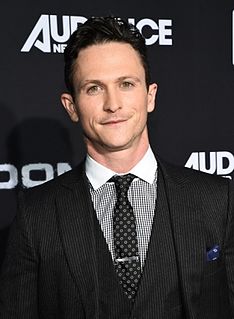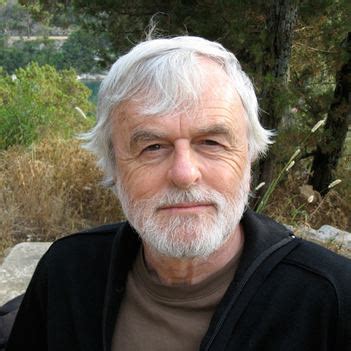A Quote by Elizabeth Berg
Ultimately, the less I know about what I'm doing, the better the work is.
Related Quotes
Advice on evangelism needs to be tailored to individual situations. For instance, I know someone who needs to be encouraged to speak less and work more. That would be a better testimony for him because he has certainly let his work colleagues know about Jesus. It's not that I don't want him to witness about Jesus, but I have a lot of sympathy for his employer. He is paying for work to be done.
What we shouldn't be doing is trying to take away your rights to bargain for better wages or working conditions... These so-called "right to work" laws, they don't have to do with economics; they have everything to do with politics. What they're really talking about is giving you the right to work for less money.
I think that there's a fine line between comedy and drama. I think that ultimately, the less winking that's going on when you're doing comedy - and this is just my own thing, and maybe it's why I've never been hired in comedy except by Bill Lawrence - but I think that the less winking you do with comedy, the better off you are.
I do talk and think a lot about the legacy before me. I feel like if I didn't know that people had been in Montgomery sixty years ago trying to do similar things that I'm trying to do, with a lot less, with fewer resources, with less security, with less encouragement, with less opportunity - if I didn't know that, then I think doing what I do would be much, much harder.
A plongeur is a slave, and a wasted slave, doing stupid and largely unnecessary work. He is kept at work, ultimately, because of a vague feeling that he would be dangerous if he had leisure. And educated people, who should be on his side, acquiesce in the process, because they know nothing about him and consequently are afraid of him.






































